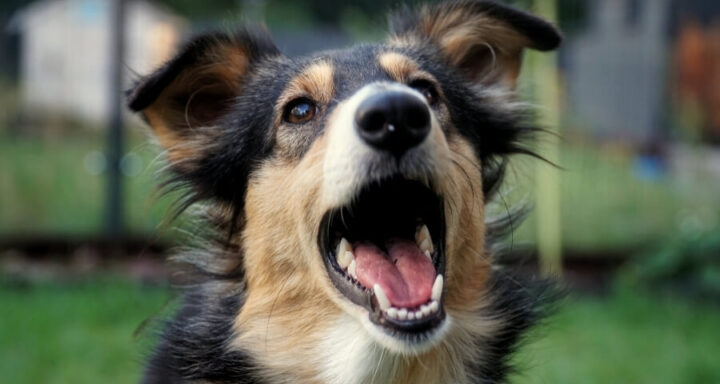Dental disease doesn’t just involve plaque and periodontal disease! Quite commonly, pets present to us with missing or damaged teeth. Many of these dental issues can cause problems for your dog or cat, and are therefore best diagnosed and treated promptly.
Missing teeth!
Older pets may commonly be missing some teeth due to previous extractions. We prefer not to leave diseased teeth to “fall out on their own”, as this often means a lot of discomfort for your pet in the meantime, and potential for infection.
Another common reason for missing teeth is the usual “teething” process in young animals, where the temporary baby teeth make way for stronger adult teeth. This generally happens between about four-to-six months old.
Teeth can also be absent in young animals due to either being unformed or retained. Unformed teeth are simply teeth that just aren’t there! Generally, this doesn’t cause an issue. Retained teeth are any of the pet’s baby teeth that remain in the jaw and haven’t been dislodged by the adult teeth growing through. Unfortunately, these retained teeth can develop cysts around them, which can weaken the jaw bone.
What causes damaged teeth?
The two most common reasons for damaged teeth are broken teeth due to injury or trauma, or teeth with resorptive lesions. Resorptive lesions are similar to cavities, and are especially common in cats.
Damaged teeth are generally painful and can become infected, and therefore are best extracted promptly by one of our vets.
Whilst we do examine your pet’s teeth at their annual check-up, it’s a great idea for you to also regularly check them at home, looking for any changes in appearance.
If you’re unsure, have a chat with our team for further advice!



